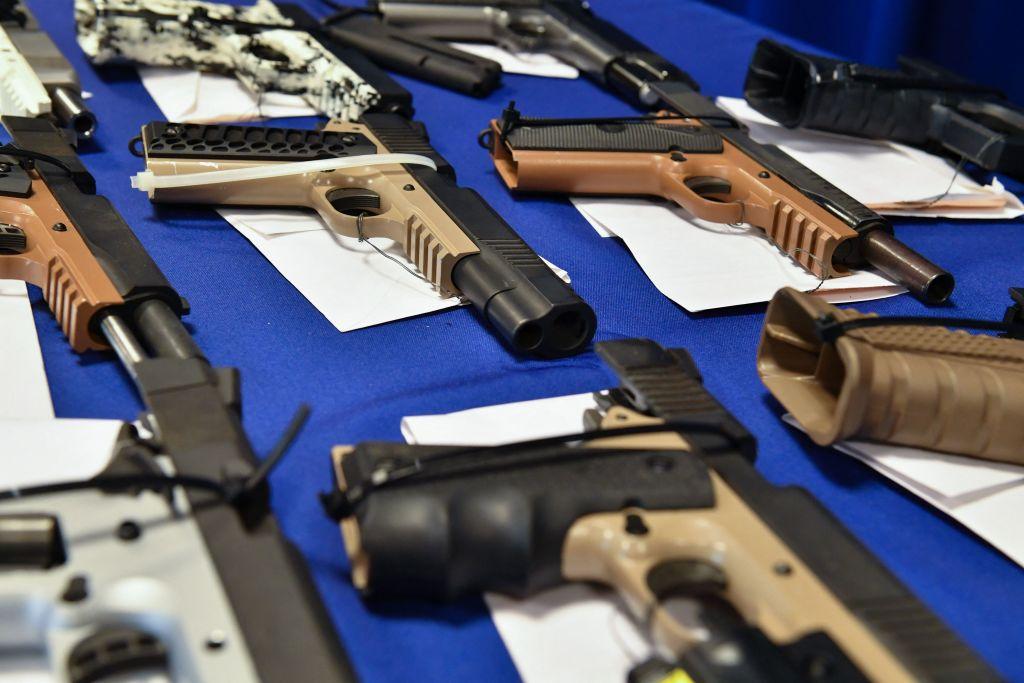A federal judge Jan. 23 dropped criminal charges against a former Afghan combat intelligence officer who was arrested and detained by U.S. Border Protection and Customs when seeking asylum in September 2022 at the border in Del Rio, Texas.
Abdul Wasi Safi, 26, worked with U.S. Special Forces before the U.S. removed its troops from Afghanistan in August 2021. His family and Rep. Sheila Jackson Lee (D-Houston) had been working hard to free “Wasi,” as he is known, since his arrest.




